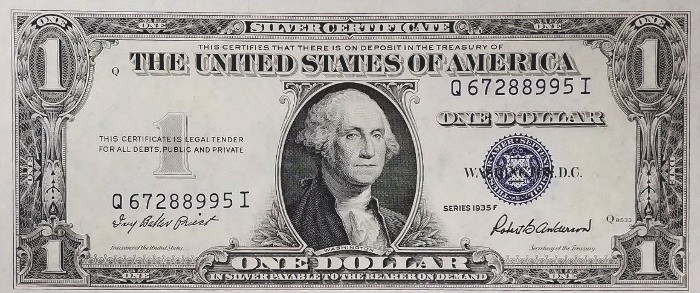How to Tell If Your Purchase Is Worth Its Price Tag

Whether you're making a big purchase, it's important to make sure you're getting your money's worth. With so many things to buy, and options to research, it can be hard to know if you're making a smart purchase or not. Luckily, there are some key ways to tell if your purchase is worth the price tag. Keep reading for 6 ways to know if your purchase is worth its price tag.
Consider the Total Cost
When trying to decide if something is worth its price tag, it's also important to consider the total cost of ownership. For example, when buying a car, things like gas mileage, insurance rates, CarShield coverage for your extended warranty, and maintenance costs should all be taken into consideration.
These factors can impact how much money you'll actually end up spending on the car in the long run, so be sure to factor them into your decision. The same goes for other big purchases like homes and appliances— make sure you're considering all the costs involved before making your final decision.
Do Your Research
One of the best ways to know if you're getting a good deal on your purchase is to do your research beforehand. This means knowing what features you want and need, what different brands offer, and what prices are typical for the type of product you're looking for.
Once you have this information, you'll be able to narrow down your options and make a more informed decision. Additionally, don't forget to read reviews! Other people's experiences can be very helpful in knowing what to expect from a product.
Compare Prices
Once you've done your research and have an idea of what you should be paying for your desired product, it's time to start comparing prices. Look at multiple retailers both in-store and online to get a sense of the range in prices.
If you find that one store is consistently cheaper than the others, that's usually a good sign that you're getting a good deal. However, be careful of stores that are too cheap—sometimes these places cut corners in other areas, like customer service or quality
Think About What You Can Afford
At the end of the day, one of the most important things to consider when deciding whether or not something is worth its price tag is what you can afford. No matter how great a deal might seem or how badly you might want something, always make sure you're staying within your budget.
There's no use spending money you don't have—you'll just end up in debt. So before making any big purchase, sit down and figure out what kind of budget you're working with. Once you know what funds are available, then you can start making decisions about whether or not particular items are worth their price tags
Calculate the cost per use - divide the price of the item by the number of times you expect to use it.
For example, if you're considering buying a $100 dress that you'll wear 10 times, then the cost per use is $10. This can be a helpful way of thinking about whether or not an item is worth its price tag.
If you'll get a lot of use out of it, then it might be worth the investment. However, if you'll only be using it a few times, you might be better off spending your money elsewhere.
For a car, if you don’t need to drive often, then it may not be worth it for you. You may be better off using ride sharing instead of paying a car note every month.
Ask yourself if you really need/want the item or if you're just buying out of boredom or convenience.
Sometimes we make purchases that we later regret because we didn't really stop to think about whether or not we actually needed or wanted the item in the first place.
If you're considering making a purchase, take a step back and ask yourself if it's something you really need or if you're just buying it out of boredom or convenience. If it's the latter, then it's probably not worth your money.
Consider how long you will use the item
Another thing to think about when trying to decide if something is worth its price tag is how long you'll actually use it. If you're considering buying a piece of furniture, for example, you'll want to make sure you'll still be happy with it a few years down the road.
The same goes for things like electronics—you'll want to make sure they won't be outdated too quickly. Otherwise, you'll just have to replace them soon and you'll end up wasting money in the long run.
The most important thing to remember is to do your research beforehand, compare prices from different retailers, and think about the total cost of ownership. Also, don't forget to consider what you can afford before making any final decisions. With these things in mind, you'll be well on your way to becoming a savvy shopper.


Be the first to comment!
You must login to comment